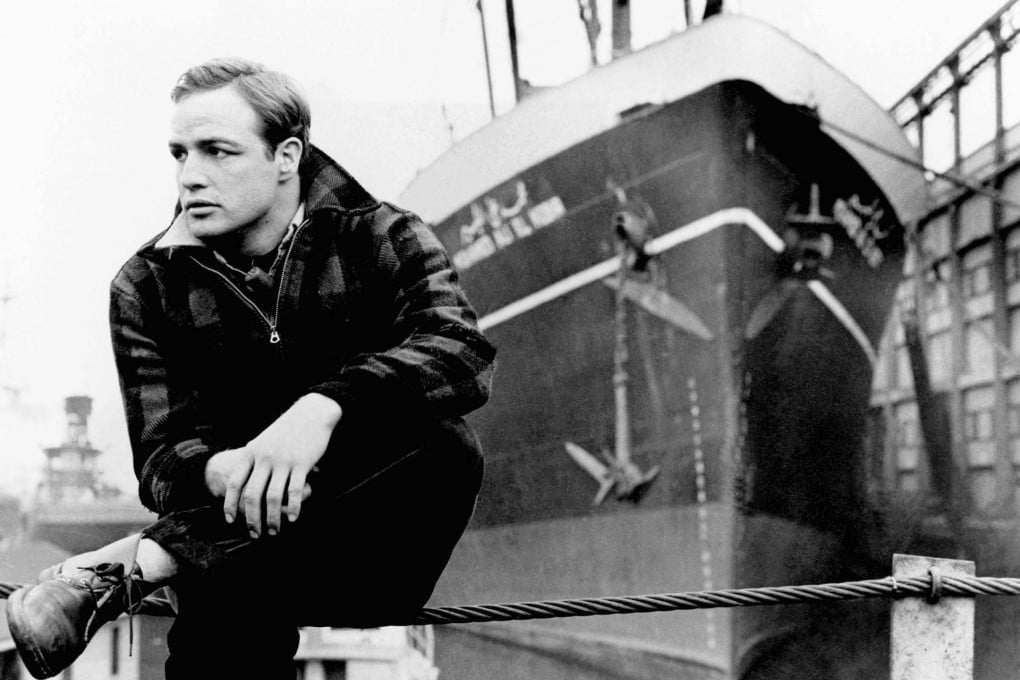
Not everyone can recite the famous lines uttered by Marlon Brando in On the Waterfront (1954) the way that Robert De Niro, playing boxer Jake LaMotta, did in a key scene in Martin Scorsese's Raging Bull (1980). But many people have the following quote stored among their pop cultural reference repertoire: "You don't understand. I could've had class. I could've been a contender. I could've been somebody, instead of a bum, which is what I am, let's face it."
Based on journalist Malcolm Johnson's Pulitzer Prize-winning Crimes on the Waterfront series of articles chronicling actual events and crimes in New York's dockyards, Elia Kazan's crime drama won eight of the 12 Academy Awards it was nominated for (including best picture, director, actor, supporting actress and, yes, story and screenplay, too) — and probably would have come away with one more Oscar if the votes in the best supporting actor category had not been split between three of its cast.
Rod Steiger, Karl Malden and Lee J. Cobb put in laudable performances in this film about an ex-prize-fighter turned docker whose conscience is pricked after he falls for the idealistic sister of a man whose murder he had played an unwitting part in. Also impressive is Eva Marie Saint, the winner of the best supporting actress Oscar in her movie debut (though she actually was the film's lead female).
Still, there's little doubt that On the Waterfront is most associated with Brando, whose Terry Malloy character was memorably described in that Raging Bull end sequence which De Niro and Scorsese personally conceived as "an up-and-comer who's now a down-and-out".
The acting heavyweight's powerful portrayal so emotionally anchors this offering that it can be hard to believe that he wasn't the first choice to play the brutish Malloy. But when Brando initially turned down the role, the likes of Frank Sinatra, Paul Newman and Montgomery Clift were considered.
Years before he declined to receive the best actor Oscar he was awarded for The Godfather to protest Hollywood's portrayal of Native Americans in film, the long-time political activist reportedly turned down the role of the underdog dock worker who struggles with the decision to become a whistleblower because he was disgusted with director Kazan's 1952 appearance as a "friendly witness" before the House Un-American Activities Committee.